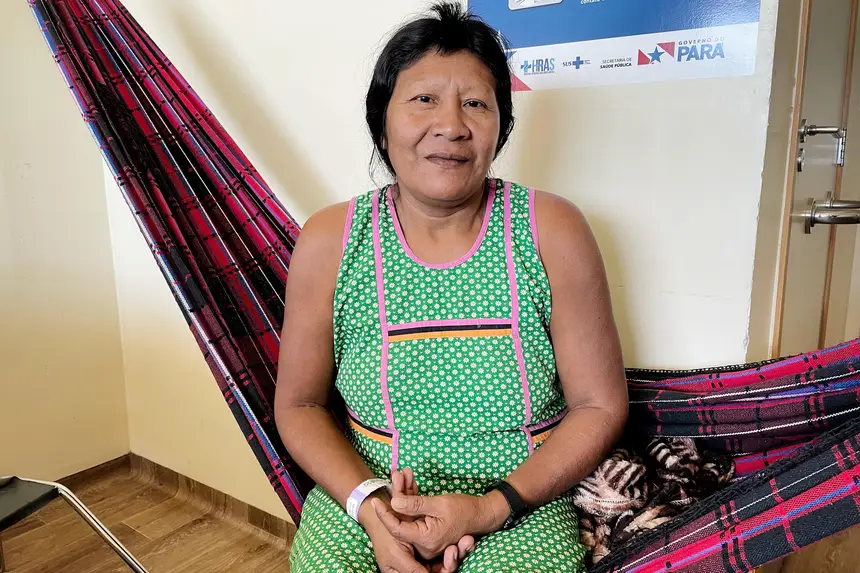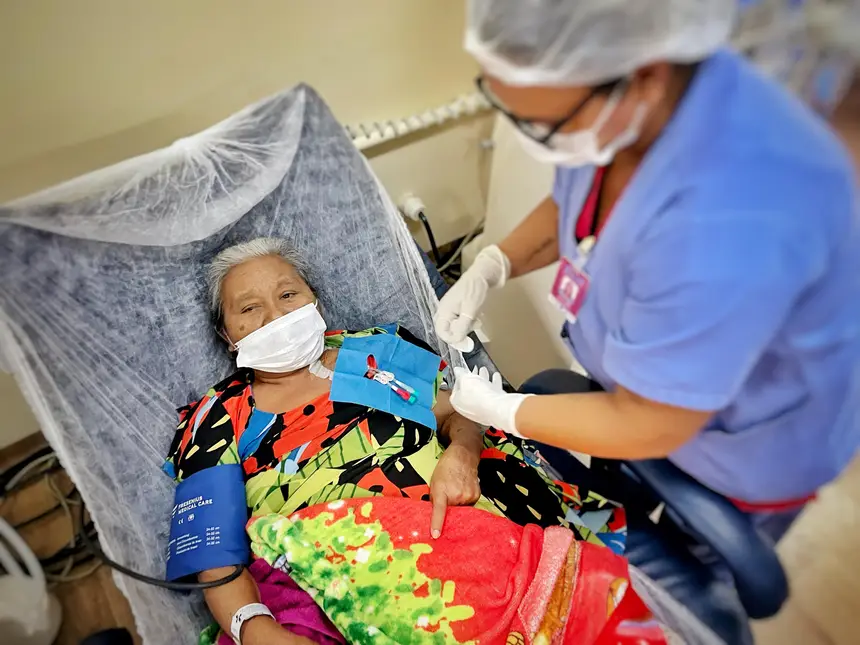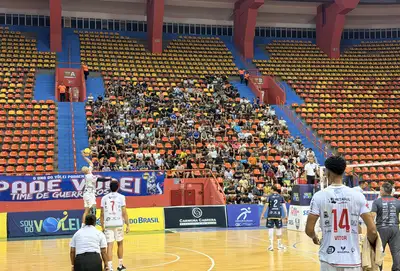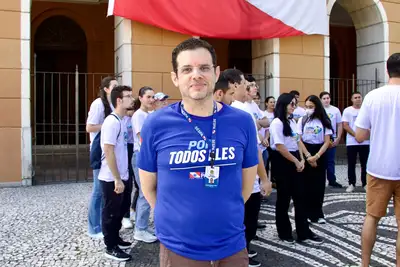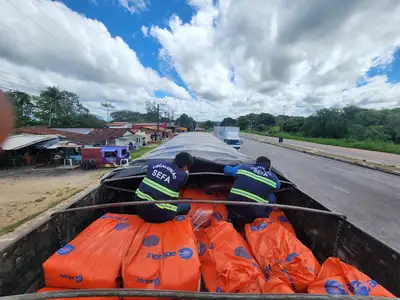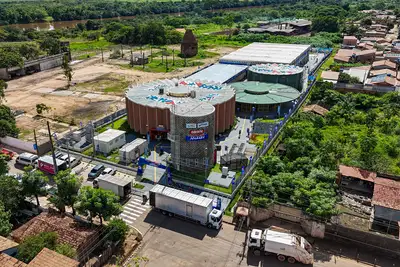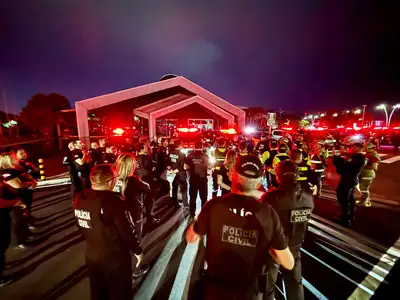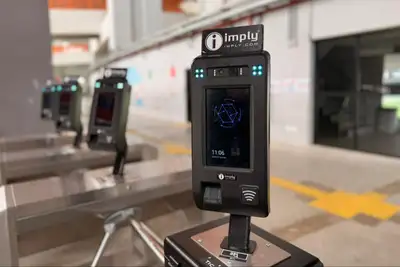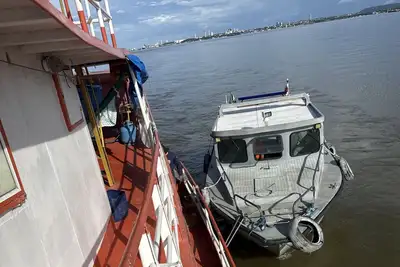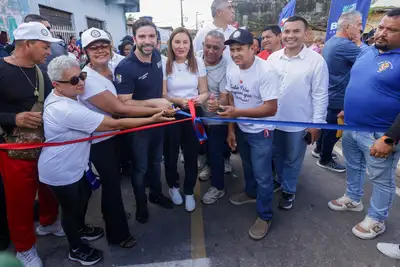Hospital Abelardo Santos ensures specialized care for indigenous peoples at COP30
The Pará State Government unit has been providing hospital assistance to indigenous ethnicities for over three years and will be a reference for this audience during the environmental event.
At the 30th United Nations Conference on Climate Change (COP30), from November 10 to 21, in Belém, the Dr. Abelardo Santos Regional Hospital (HRAS), located in the Icoaraci district, will serve as a reference for assistance to the indigenous population. The unit, considered the largest public hospital of the Pará State Government, is part of the state’s healthcare support network and maintains a record of over 300 ethnicities in its system.
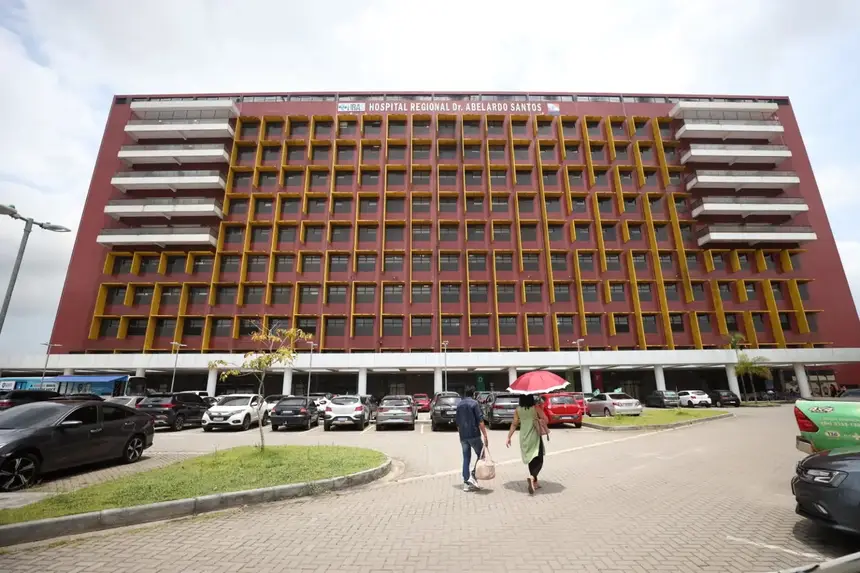
The HRAS operates in the care line for this audience and is a pioneer in the Amazon in adopting the Incentive for Specialized Care for Indigenous Peoples (IAE-PI) from the Ministry of Health. The unit meets the 11 requirements established by the Program, emphasizing the expansion of access for indigenous populations to specialized health services and respect for interculturality.
“Abelardo Santos has a modern structure and capacity for this type of care. In the indigenous block rooms, hammocks were adapted, respecting cultural aspects and ensuring humane care for all ethnicities. Additionally, all professionals are prepared to provide this welcome,” says Heloísa Guimarães, Deputy Secretary of Health Policy Management at the State Department of Public Health (Sespa).
Respect and welcome - In the last three years, Hospital Abelardo Santos has provided over a thousand services to indigenous patients, mostly from the Tembé, Assurini, Amanayé, and Munduruku ethnicities. The unit maintains a partnership with the Indigenous Health House (Casai) and the Special Indigenous Health District (DSEI), which offer linguistic support and contribute to more effective communication during treatment.
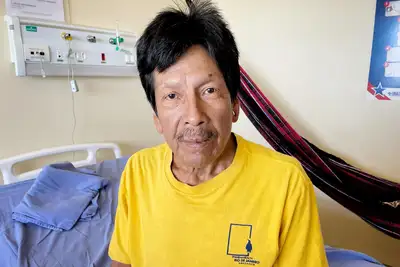
Patient Bep Kaprin Xikrin highlighted the universal care offered by HRAS as one of the unit's main differentiators. “Without distinction. The treatment is the same for everyone, and I am improving every day,” he assures. Accompanying person Ireprin Xikrin Gavião also emphasized the welcome received. “I asked for a hammock to lie down, and they fulfilled my request,” she adds.
Freddy Cardona, an indigenous Warao leader in Belém, received specialized care along with his daughter and reinforced the feeling of respect and equality. “The universal care was one of the things that caught my attention the most. There is always a fear of going to an unknown place and not being treated well. But here I can say that I felt calm and confident,” says Freddy Cardona.
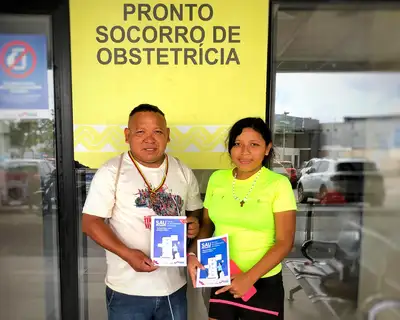
Training and recognition - In August of this year, HRAS held the 3rd Indigenous Health Lecture Circuit in preparation for COP30, aiming to value culture and traditional knowledge, expand dialogue on interculturality, and strengthen more humane and respectful care. The meeting included the participation of indigenous speakers and trained all professionals at the unit.
The General Director of HRAS, Aline Oliveira, emphasizes the Hospital's role during the United Nations Conference on Climate Change. “We will do what we already do: provide assistance with safety, quality, and commitment, reinforcing the unit's role in caring for the population and visitors who will come for this historic event in Pará,” she emphasizes.
Hospital Abelardo Santos has the Accredited – ONA1 certification granted by the National Accreditation Organization (ONA), one of the most important quality recognitions in health in Brazil. “Our work is extremely important for the people of Pará and has been recognized by the COP30 organization and the Ministry of Health. We are ready for this moment,” emphasizes Aline Oliveira.
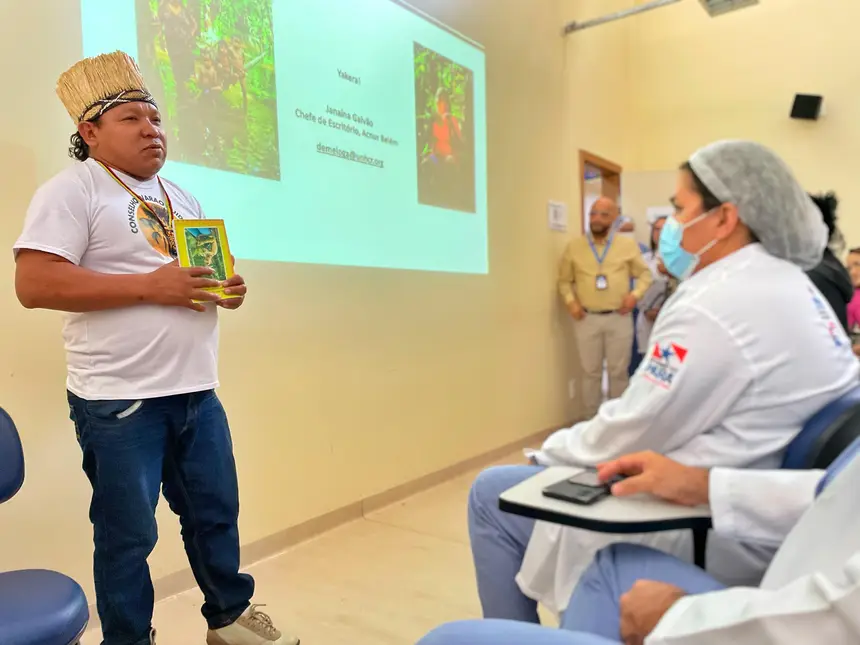
Structure and services - The Dr. Abelardo Santos Regional Hospital has 360 beds distributed among emergency, surgery, clinical hospitalization, Intensive Care Units (ICUs), and Intermediate Care Units (UCIn). The unit offers 11 medical specialties: vascular, urology, thoracic surgery, gynecology, mastology, endoscopy, pediatrics, general and spine neurosurgery, general medicine, and obstetrics.
In addition to welcoming indigenous peoples, HRAS is a reference in care for women and children, keeping its doors open 24 hours for urgent and emergency cases in these three care profiles.
The Hospital records a satisfaction rate above 90% among users, with an annual average of 93%. Humanized treatment, safe medical discharge, and the quality of the physical structure and equipment are among the main points highlighted in surveys conducted by the User Service (SAU).



